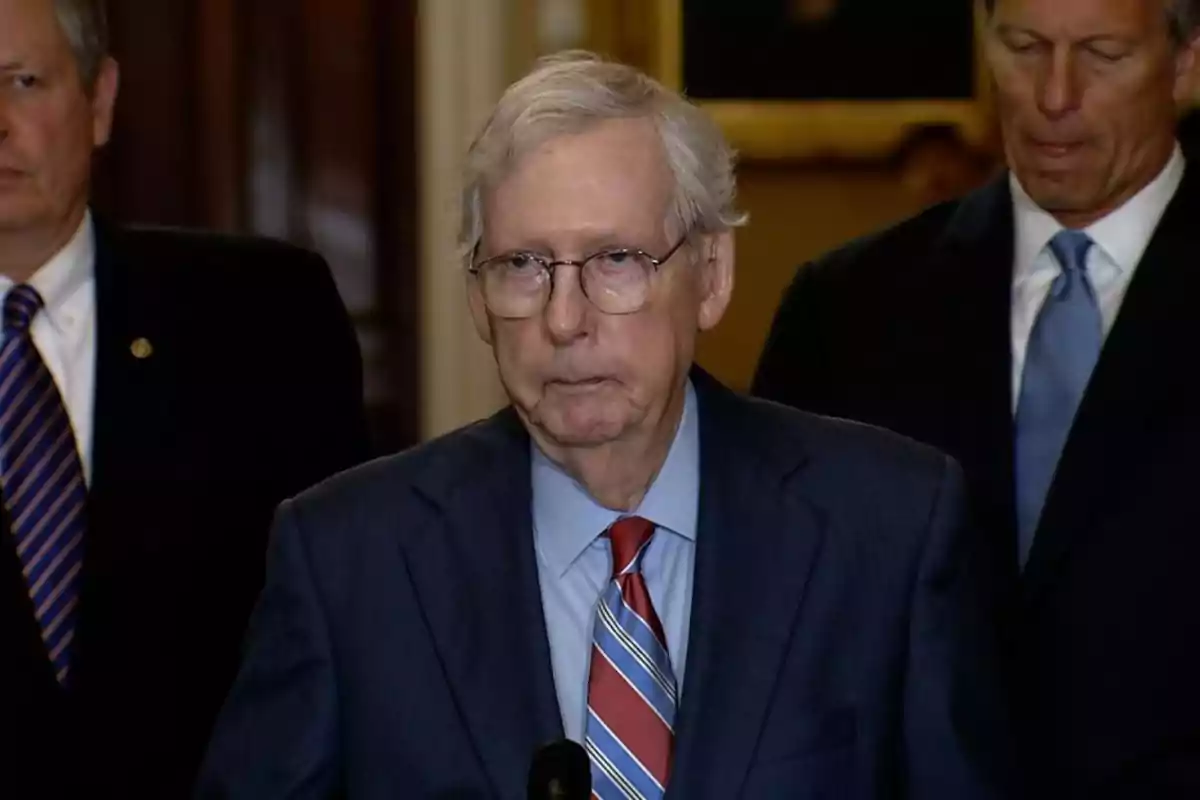
Democrats in the Senate seek to block tariffs imposed on Canada
A group of Democratic senators, joined by some Republican senators, approved a resolution that prevents the imposition of tariffs on Canada
The United States Senate approved on Wednesday a resolution seeking to block the tariffs President Donald Trump imposed on Canadian products, due to the national emergency declared in February because of fentanyl smuggling.
The measure was approved with a vote of 51 to 48, with support from some Republicans and all Democrats. Among the Republicans who joined the Democrats were Rand Paul (R-Kentucky), Mitch McConnell (R-Kentucky), Susan Collins (R-Maine), and Lisa Murkowski (R-Alaska), who voted in favor of the resolution.
The resolution's goal is to end the national emergency that Trump had declared at the northern border, which was used as a basis to impose the tariffs.
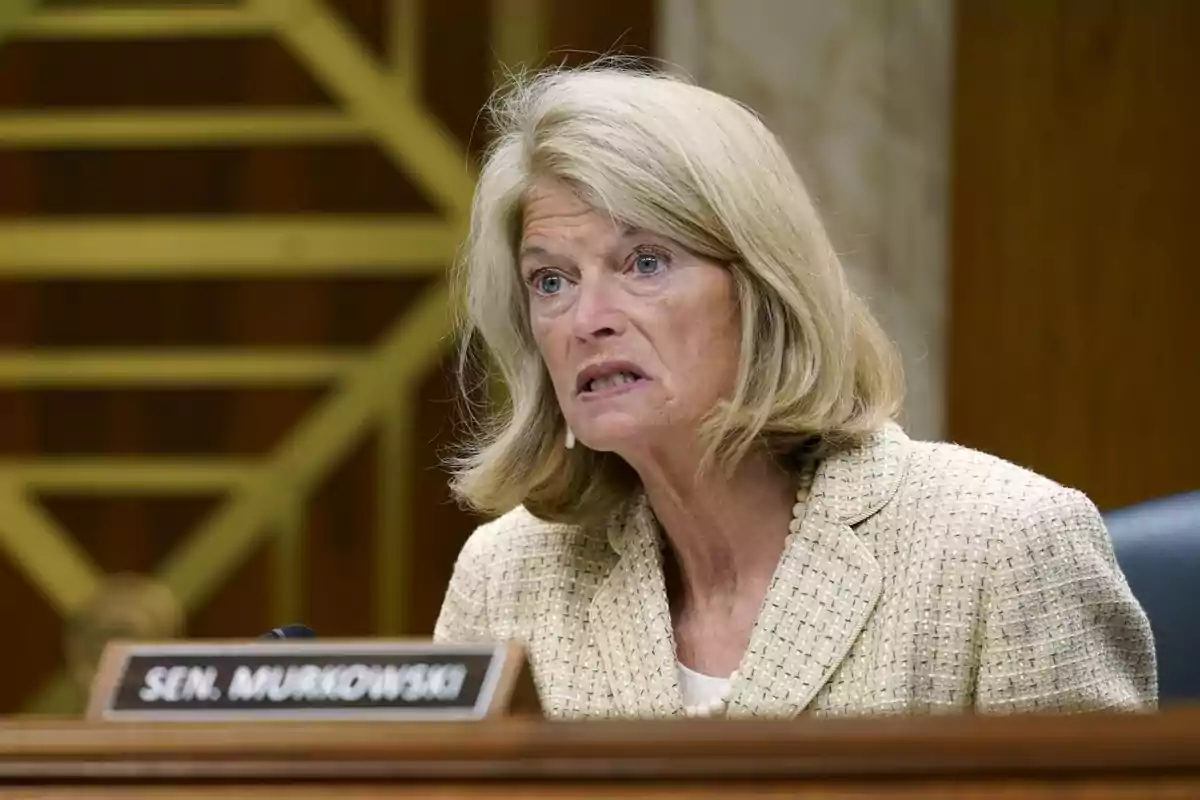
Although the resolution is largely symbolic, as Trump has indicated he will not sign it, and strong opposition is expected in the Republican-controlled House of Representatives, Senator Paul, one of the resolution's sponsors, argued that this is an important constitutional and economic debate.
According to Paul, tariffs are essentially taxes, and should not be established by the president without Congress's approval.
Senator Tim Kaine (D-Va.), co-sponsor of the resolution, also defended the measure and stated that the tariffs imposed by Trump are not only harmful to the economy but also an "abuse of power" by the president, who would be evading the normal legislative process to impose trade policies.
Kaine emphasized that, although the president argues that these tariffs are part of a strategy to reduce tariffs on American products in other countries, the president already has negotiation mechanisms, such as the United States-Mexico-Canada Agreement (USMCA), that allow him to solve trade disputes more appropriately.
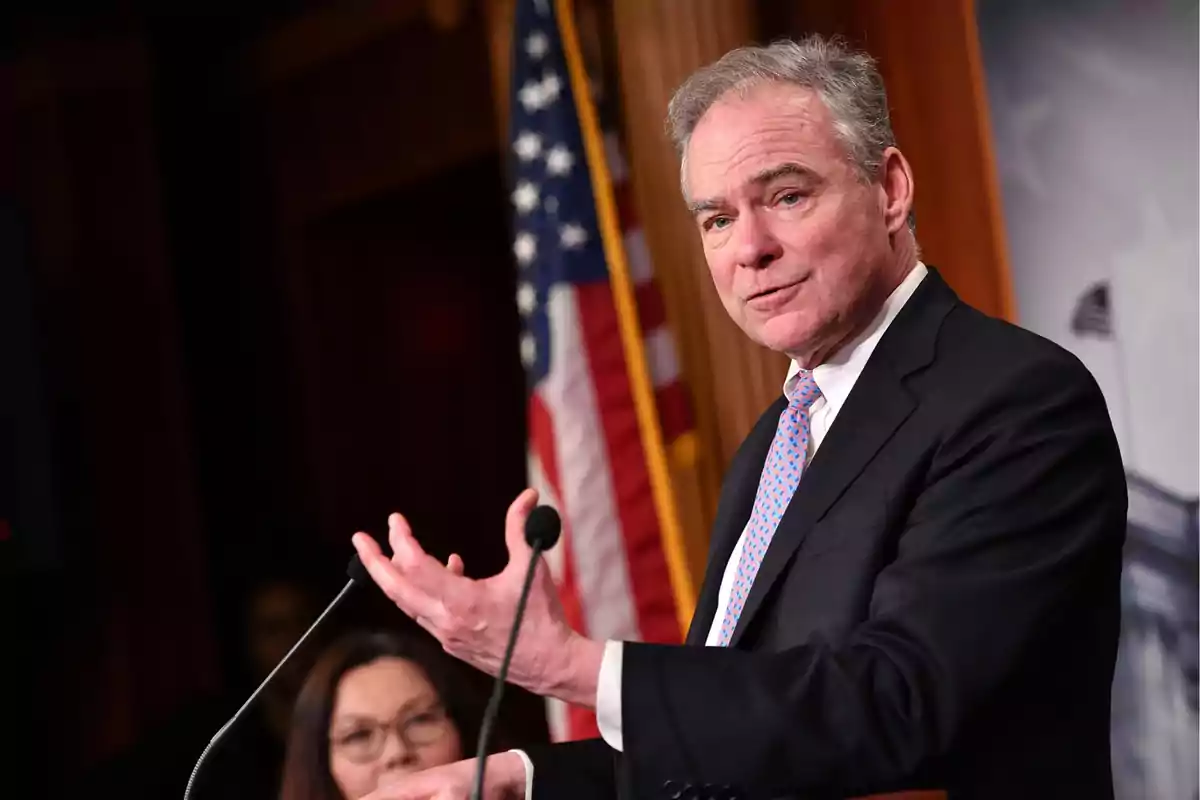
Meanwhile, Senator Mike Crapo (R-Idaho) opposed the resolution, arguing that the debate was not about the trade relationship with Canada, but about the existence of an emergency related to fentanyl, which, according to him, does justify the emergency declaration.
In this context, President Trump used his Truth Social account to criticize the attitude of the Republicans who supported the resolution, accusing them of endangering American lives and playing into the hands of the "radical left" and the "drug cartels."
Trump also argued that they were undermining his work to secure the northern border and defending the position that the tariffs were necessary to curb fentanyl trafficking from Canada.
Trump called the resolution a "political stunt" by the Democrats to expose the weakness of certain Republicans, like Paul, McConnell, Collins, and Murkowski, and warned that the resolution would not pass the House of Representatives.
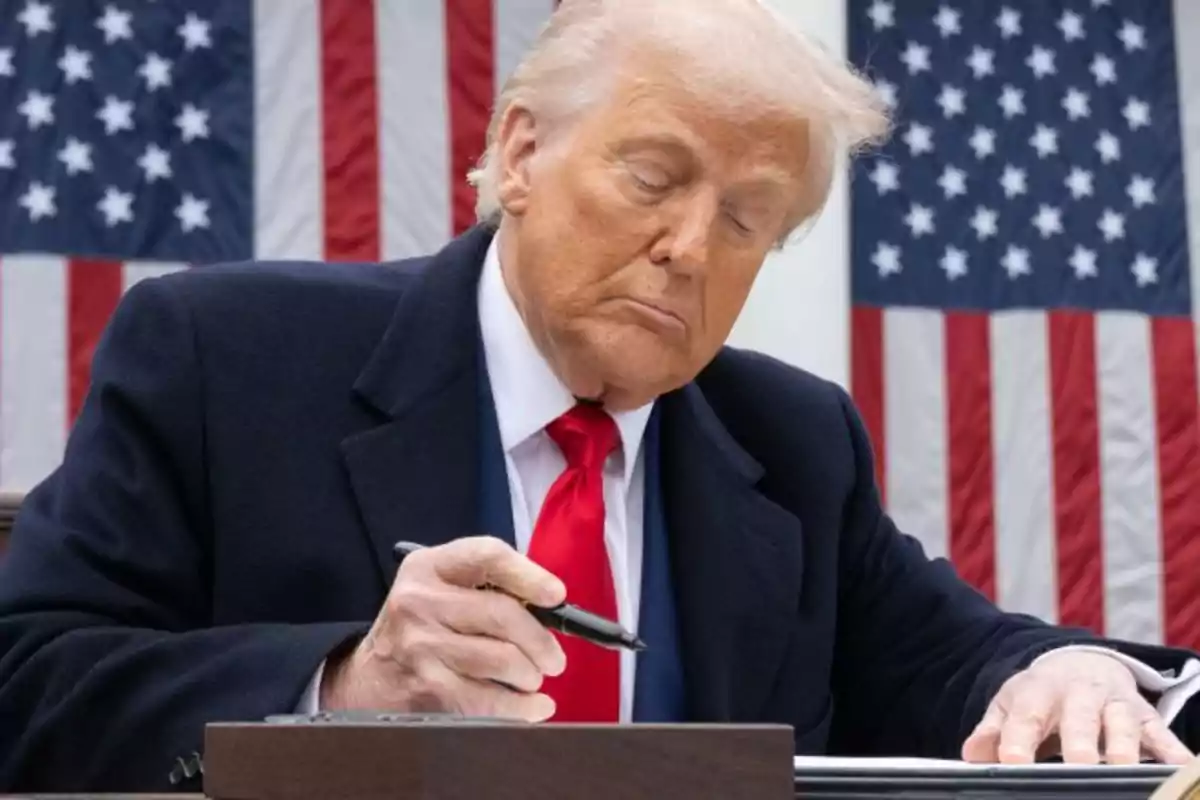
The former Senate leader, Mitch McConnell, in a subsequent statement, stated that tariffs are bad economic policy, and that trade wars with allies like Canada only harm working people.
The Senate had approved this resolution as a symbolic measure, as it has no chance of advancing in the Republican-controlled House of Representatives. The White House spokesperson also made it clear that the president would veto the resolution if it reached his desk.
Meanwhile, Collins, who had announced her support for the resolution, explained that the proposed tariffs would be harmful to Maine families, as they would increase the prices of essential goods like food, gasoline, and heating.
Meanwhile, Paul, a constant critic of tariffs during the Trump administration, warned that tariffs on trade between the United States and Canada could lead to an economic recession and would increase product prices, which would especially affect the poorest.
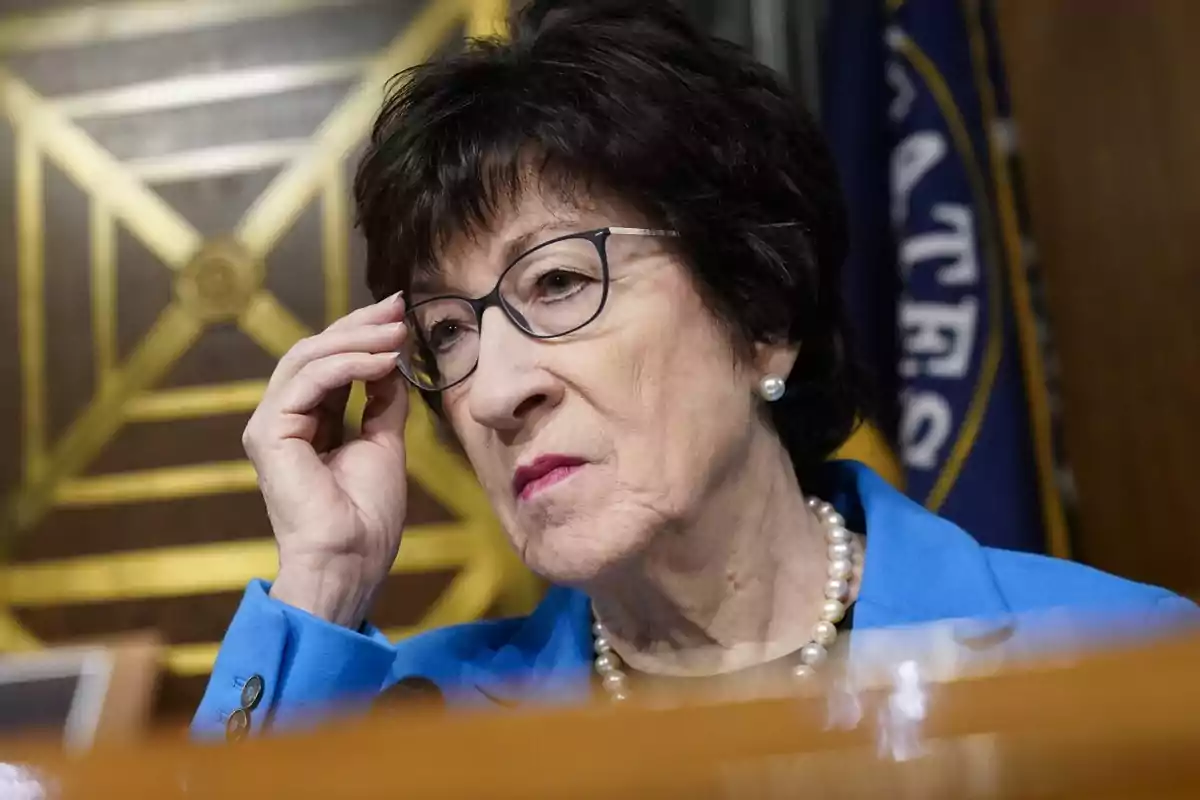
More posts: